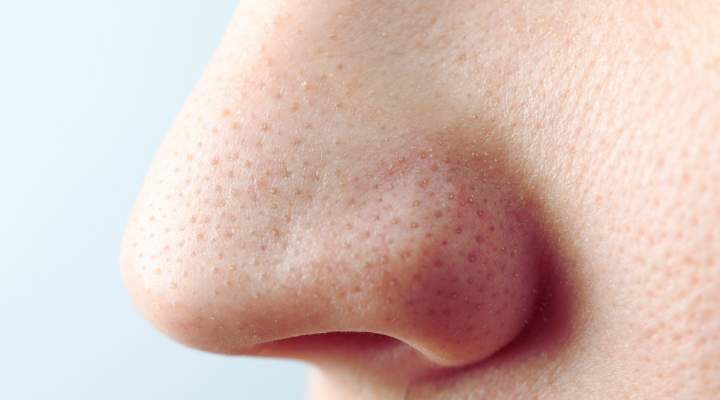Maintaining the health of the intimate area is essential for overall well-being, yet there are common habits many people engage in that could cause more harm than good. Understanding these bad habits and making changes can prevent discomfort, infections, and long-term issues. Below, we explore seven of the most common habits that negatively impact intimate health and what can be done to mitigate their effects.
1. Over-Washing and Using Harsh Soaps
While maintaining cleanliness is crucial, over-washing or using soaps that contain harsh chemicals can lead to irritation and disrupt the natural pH balance of the intimate area. The skin in this region is sensitive, and frequent washing strips away its natural oils, which can lead to dryness, itching, and even infections.
Many soaps, especially those with artificial fragrances or antibacterial agents, can alter the vaginal flora, leading to conditions like bacterial vaginosis or yeast infections. It is essential to use mild, fragrance-free cleansers specifically designed for intimate hygiene. Additionally, washing the area once a day with lukewarm water is sufficient for most people.
2. Wearing Tight or Non-Breathable Clothing
Choosing the wrong type of clothing can significantly affect intimate health. Wearing tight clothing, such as skinny jeans or non-breathable fabrics like synthetic underwear, restricts airflow and traps moisture, creating an ideal environment for bacteria and yeast to thrive.
This habit can lead to persistent irritation, rashes, or even urinary tract infections (UTIs). It’s advisable to wear loose-fitting, breathable clothing made of cotton or other natural fabrics. Opt for cotton underwear, as it allows proper ventilation and helps keep the area dry.

3. Using Scented Feminine Hygiene Products
Scented feminine hygiene products, including pads, tampons, and sprays, are often marketed as necessary for maintaining freshness, but they can do more harm than good. These products contain artificial fragrances and chemicals that may irritate the delicate skin of the intimate area and disrupt its natural balance.
The vaginal area has its own natural odor, which does not require artificial products to be managed. Introducing scented products can lead to allergic reactions, irritation, or a shift in the area’s pH balance, increasing the risk of infections. It is best to avoid these products altogether and choose unscented versions.
4. Poor Menstrual Hygiene
Maintaining proper menstrual hygiene is key to ensuring the health of the intimate area. One common mistake is wearing pads or tampons for extended periods of time. Doing so can trap bacteria and increase the risk of infections, such as toxic shock syndrome (TSS).
Menstrual products should be changed every four to six hours, depending on the flow, and it’s essential to use products that are comfortable and suitable for your body. Additionally, using unscented, organic products can reduce the risk of irritation.
5. Not Urinating After Sexual Activity
Urinating after sexual intercourse is a simple yet often overlooked habit that can prevent urinary tract infections (UTIs). During sex, bacteria can be introduced into the urethra, and urinating helps flush out these bacteria before they cause an infection.
Women are more prone to UTIs because of the shorter length of their urethra, which means bacteria have a shorter distance to travel. Developing the habit of urinating right after sex can reduce this risk significantly. Drinking plenty of water to stay hydrated and ensure regular urination is also beneficial.
6. Excessive Douching
Douching is another practice that many believe is necessary for intimate hygiene, but it can disrupt the body’s natural cleaning mechanisms. The vagina has its own system of maintaining balance, and douching with chemical solutions or water can disturb this balance, leading to an increased risk of infections, including bacterial vaginosis.
Additionally, excessive douching can lead to dryness and irritation. It is important to understand that regular cleaning of the external genital area is sufficient, and douching should be avoided unless explicitly recommended by a healthcare professional.
7. Ignoring Symptoms of Infection
Sometimes, people tend to ignore symptoms of intimate health issues, hoping they will resolve on their own. This can lead to more severe complications. Common symptoms of infections, such as unusual discharge, itching, or a strong odor, should never be ignored. These could be signs of bacterial or yeast infections, sexually transmitted infections (STIs), or other underlying health problems.
Promptly addressing symptoms by consulting a healthcare professional can prevent the condition from worsening and spreading. Infections that go untreated may lead to complications such as pelvic inflammatory disease (PID), infertility, or chronic discomfort.
Conclusion
Taking care of the intimate area requires more than just daily hygiene; it involves being mindful of the habits that can impact its health. From avoiding harsh soaps to staying vigilant about symptoms, small changes can go a long way in preventing discomfort and infections. Making the right choices can help maintain balance and prevent long-term health issues.






